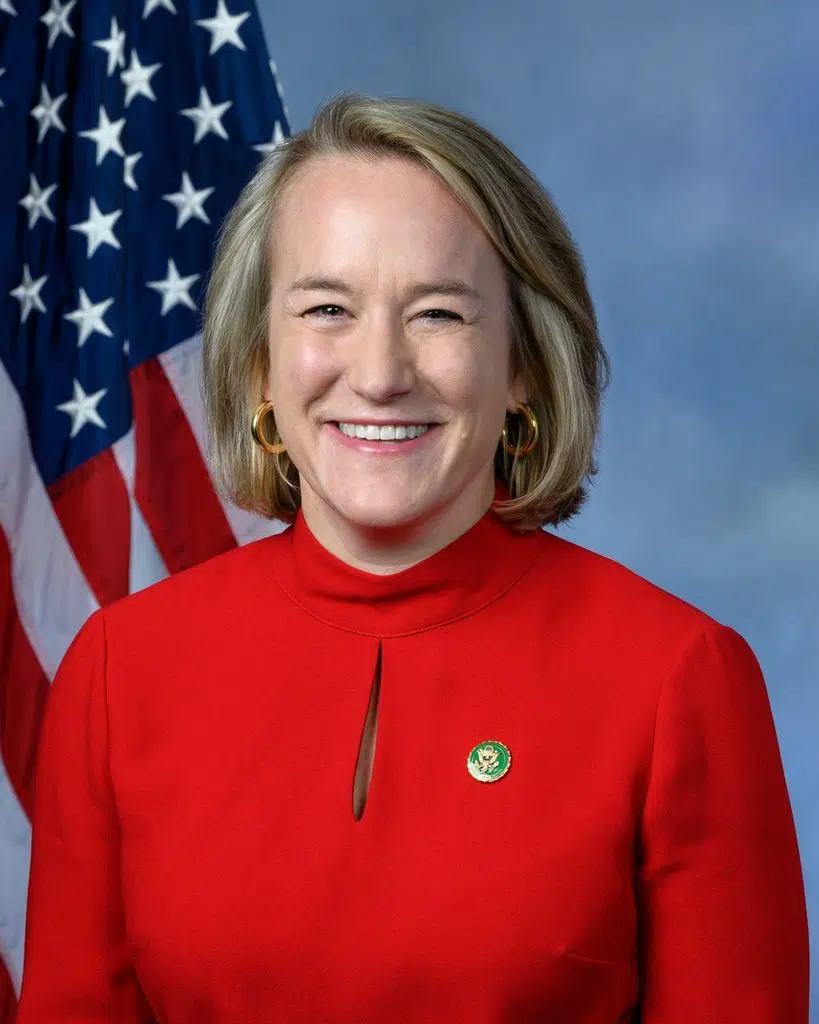
Congresswoman Nikki Budzinski represents Illinois’ 13th Congressional District
For Immediate Release – February 23, 2024
Budzinski Statement on EPA’s Year-Round E15 Rule
SPRINGFIELD, IL — Today, Congresswoman Nikki Budzinski (IL-13) released the following statement on the Environmental Protection Agency’s newly finalized rule that will allow eight midwestern states to sell E15 year-round beginning in 2025. The rule applies to Illinois, Iowa, Minnesota, Missouri, Nebraska, Ohio, South Dakota and Wisconsin.
“We know that higher blends of biofuels help to save consumers money at the gas pump, reduce our dependence on foreign oil, cut carbon emissions and support critical markets for our family farmers. That’s why I’m glad to see the Environmental Protection Agency taking evidence-based action to allow the permanent, year-round sale of E15 right here in the Heartland,” said Congresswoman Budzinski. “While this is a long-awaited leap forward, it won’t take effect until next year. It’s critical that we take swift action to allow E15 sales for the 2024 summer driving season and secure permanent E15 sales under the law by passing legislation like the Consumer and Fuel Retailer Choice Act.”
As a member of the House Committee on Agriculture, Congresswoman Budzinski has established herself as a bipartisan leader in supporting biofuels production and family farmers across Central and Southern Illinois. Her Next Generation Fuels Act, Sustainable Aviation Fuels Accuracy Act and Fuels Parity Act would take significant steps to support the future of homegrown biofuels. Additional information on Budzinski’s biofuels legislation can be found below:
- The Next Generation Fuels Act would phase in higher gasoline octane levels through the greater use of ethanol beginning with a 95 Research Octane Number (RON) standard for automobile model year 2028 and increasing to 98 RON by model year 2033. For a new vehicle to receive certification from an automaker, the bill would require the automobile to operate with an E25 blend for model year 2028 and an E30 blend for model year 2033 onwards. The bill would also require fuel retailers to carry these higher blend fuels.
- The Sustainable Aviation Fuels Accuracy Act would require the federal government to use the most up-to-date lifecycle emissions models—including the U.S. Department of Energy commissioned, Argonne National Lab’s Greenhouse Gases, Regulated Emissions, and Energy Use in Technologies Model or GREET model—that accurately considers crops, land uses and carbon reduction practices in the U.S and does not arbitrarily prevent our American farmers and crops from contributing to the green economy.
- The Fuels Parity Act would allow corn to qualify as an advanced biofuel – incentivizing lower emissions from ethanol production and allowing corn to access another bucket of the RFS. If ethanol can meet the scientific thresholds, then it should be allowed to qualify as an advanced biofuel and generate an advanced biofuel renewable identification number.







Comments